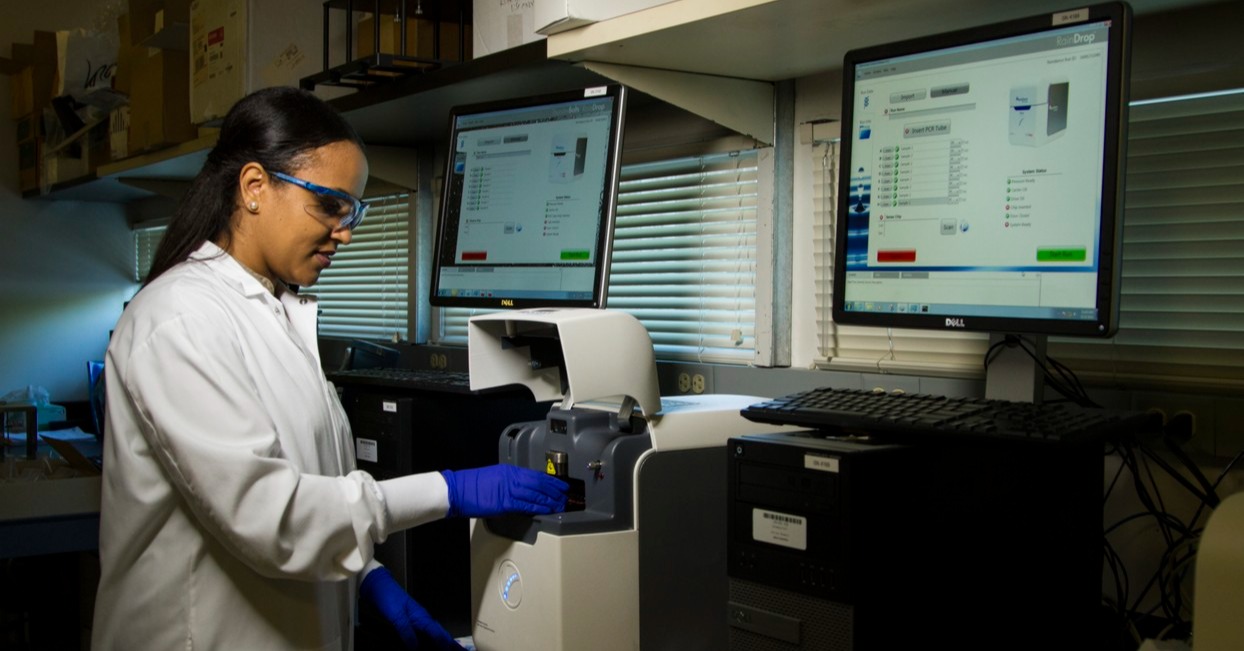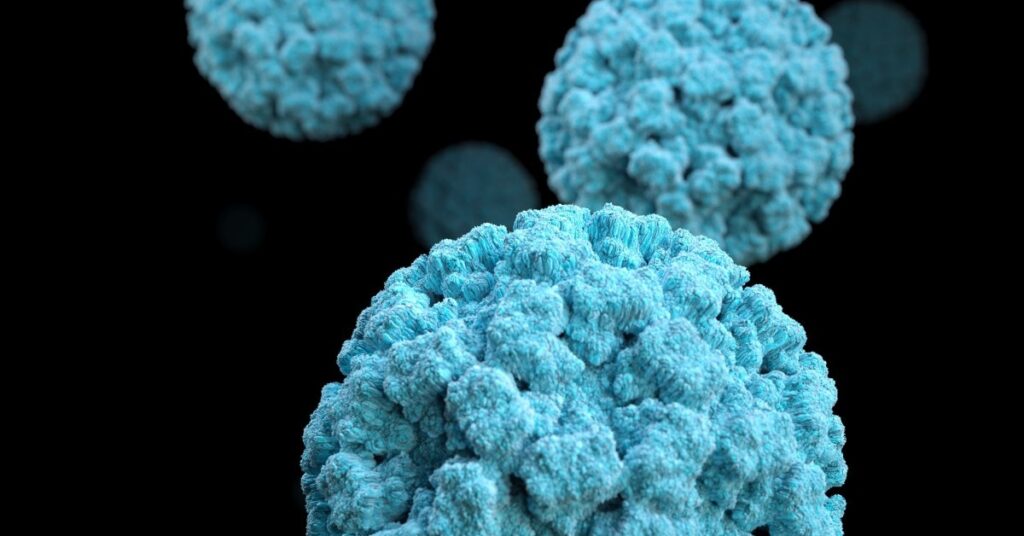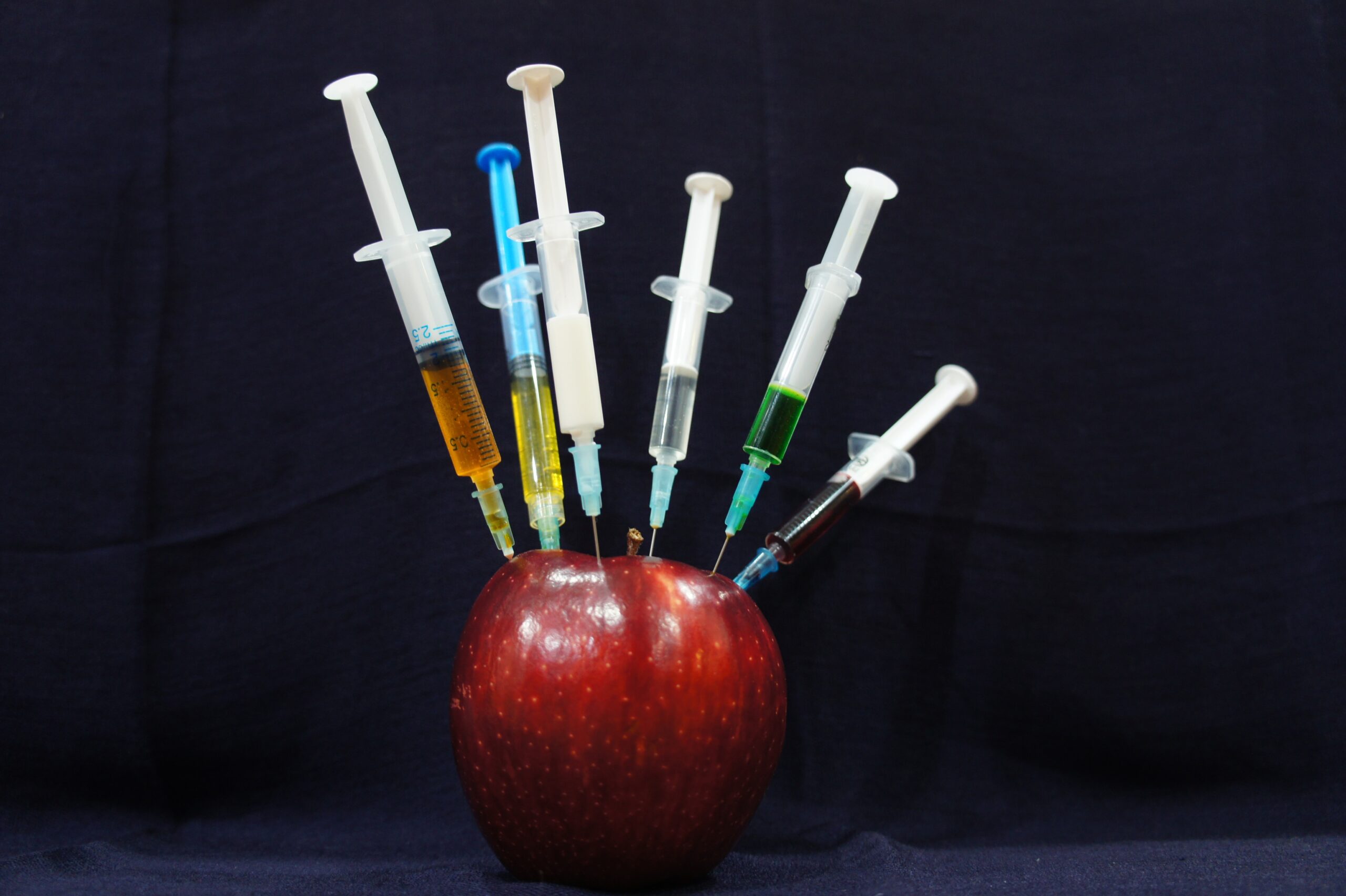
What Is the Epidemiological Triangle?
The epidemiological triangle consists of the agent, the host, and [...]

The COVID-19 pandemic, the most prominent public health crisis in decades, threw a bright spotlight on epidemiology, the study of how diseases and other public health threats arise and spread.
Epidemiologists operated at the forefront throughout the pandemic, analyzing data to devise precautions that would stem the spread of the disease and protect our overburdened healthcare systems. Not everyone heeded their advice, alas, but thankfully, most listened. Without question, epidemiologists saved many lives.
But even when epidemiology isn’t making headlines, epidemiologists keep us safe. How? By studying the emergence, distribution, and control of infectious diseases. They utilize statistics, science, math, modeling, and medicine to protect our increasingly interconnected world.
A doctor can help one patient at a time. Epidemiologists can help many people at once by finding the source of a disease, identifying how it spreads, and developing data-driven public health measures to control it. In this article about how to become an epidemiologist, we cover:
Epidemiologists are scientists and public health experts who study disease, disability, and death across populations. These public health professionals spend a lot of time gathering medical and health data, researching historical data, and analyzing all of that information to identify trends. The insights they derive help them track diseases, develop public health initiatives, and find new ways to treat or prevent diseases. In simple terms, epidemiologists figure out how and why people get sick and what steps we can take to stop that from happening.
An epidemiologist’s day-to-day duties vary depending on several factors, including whether they primarily conduct epidemiological research or work in applied epidemiology. However, almost all epidemiologists spend some time doing things like:
Epidemiologists typically specialize in one or more of the following areas:
Successful epidemiologists have particular skills and traits in common. A strong grasp of math and statistics is vital, because today’s epidemiologists have to be data scientists in addition to disease experts.
That said, the best epidemiologists are generalists. In Eras in Epidemiology: The Evolution of Ideas, a history of the discipline, Mervyn Susser and Zena Stein write that the epidemiologist “is competent in statistics but not a statistician; has a grasp of concrete biomedical reality without being a clinician responsible for the medical care of individuals; and, can comprehend the basic elements of society and social structure without being a sociologist or anthropologist.”
Epidemiologists need:
You’ll pick up many of the skills and traits in the degree programs we discuss below, but some are innate. The best epidemiologists tend to be curious puzzle-solvers who aren’t discouraged by tough problems.
Becoming an epidemiologist means getting a master’s degree. Before you get a master’s degree, however, you’ll need to earn a bachelor’s degree. There’s no single prescribed undergraduate pathway for aspiring epidemiologists. That’s because master’s degree programs in epidemiology often have no specific degree prerequisites for applicants. Aspiring epidemiologists can pursue bachelor’s degrees in biostatistics, public health, sociology, health informatics, public health, biology, or just about anything else—provided they have the required number of behavioral and social science, advanced math, biology, and statistics credits.
Multiple master’s degree pathways lead to careers in epidemiology. The Department of Epidemiology of the University of Pittsburgh Graduate School of Public Health offers both an MPH in Epidemiology and a Master of Science in Epidemiology. The MPH in Epidemiology program “provides students with an epidemiological approach to public health, which includes a broad overview to epidemiology, biostatistics, and the environmental influences on health, public health planning, and health services.” The MS in Epidemiology program “provides concentrated training in epidemiological concepts, skills, and methodology with a research focus. It includes a flexible mix of courses in epidemiology and biostatistics.”
The biggest difference between Master of Public Health and MS programs is in their focus. Students who go the MS route complete coursework laser-focused on the science of epidemiology and related statistical research methods. It’s usually a better degree for aspiring epidemiologists who want to pursue careers in research. MPH programs typically have a much broader focus. Students in these programs study epidemiological research methods along with health policy, environmental health sciences, and social and behavioral science. MPH graduates usually pursue careers in applied epidemiology, where they tackle real-world public health issues.
Epidemiology MPH and MS in Epidemiology programs can overlap substantially when it comes to curricula. Different universities structure these programs differently. Most include a thesis or capstone project that students must complete to graduate. Some have an internship requirement as well. Always read program guides carefully before applying to ensure you’ll be getting the education you want if you’re accepted.
Some aspiring epidemiologists who want to work in academia or qualify for higher-level clinical or research positions go on to earn doctoral degrees—usually a PhD in Epidemiology, a Doctor of Public Health (DrPH) in Epidemiology, or a joint MD/PhD degree. The PhD is standard among epidemiologists who direct research projects or work as professors. Students in these programs often choose a concentration related to a specialty like cancer research.
The DrPH is less common. It’s usually earned by epidemiologists who want to advance in public health management careers or conduct highly specialized research. Dual MD/MHA in Epidemiology programs are geared toward students who wish to work with patients directly and administer medications during clinical research studies and drug trials.
Epidemiology specialties that might be your focus at the doctoral level, regardless of which degree path you choose, include:
Doctoral-level epidemiology programs typically have strict prerequisites. You will likely need a master’s degree in epidemiology or one that is closely related to pursue this degree as well as real-world experience in the field.
There aren’t many professional certifications specific to the field of epidemiology, but having one or more certifications can’t hurt when you’re job hunting. Some epidemiologists earn the National Board of Public Health Examiners’ Certified in Public Health designation. Others choose the Certification Board of Infection Control and Epidemiology’s Associate – Infection Prevention and Control (a-IPC) or Certification in Infection Control (CIC) credentials. Some pursue both.
It isn’t clear whether certification boosts your hireability or your earning potential. Research suggests that becoming CIC-certified may make you a better epidemiologist.
When you become an epidemiologist, you can work in applied public health, research, or the private sector. Your employer might be a federal, state, or local government agency, a nonprofit organization, a pharmaceutical manufacturer, or an insurance company. You may spend your days developing education outreach strategies, conducting research, collecting and analyzing data, or working on clinical studies. Many career paths will be open to you. Regardless of where you work, your focus will be on the collective health of populations.
Most epidemiologists work for employers like:
According to the US Bureau of Labor Statistics (BLS), the largest employers of epidemiologists are:
Some epidemiologists (especially those who are also medical doctors) do fieldwork that can put them into contact with infectious diseases or samples of contagious bacteria. These epidemiologists have typically completed extensive procedural training to reduce the risk of catching the diseases they study.
Epidemiologists can earn a relatively good living. The BLS reports that the average epidemiologist earns about $80,000 per year. Very few epidemiologists make big money, though the top-earning 10 percent can earn more than $130,000 per year.
Epidemiologists who work in scientific research and development services tend to earn the most (about $125,000, on average). In contrast, those who work in academia or in state and local government agencies typically bring home the smallest paychecks, at just around $76,000.
One commenter on Reddit was humble but blunt when discussing why they love their career in epidemiology: “As an epidemiologist, I don’t have the same knowledge of how the body or medications works that a physician does… but I do have an understanding of health concepts and data. Enough so that, apparently, I can have more of an impact on life expectancy than physicians… In a way, I got the best of both worlds.”
Simply put, the people who thrive in epidemiology want to save lives and improve public health, but they’re not trying to be doctors. They love epidemiology because they believe that in this discipline, they can do more than doctors—and they’re not wrong. A doctor can treat a handful of people who contract an infectious disease. An epidemiologist might be able to prevent thousands or even millions of people from ever contracting that disease—sometimes with nothing more than a one-year graduate degree under their belt.
(Last Updated on February 26, 2024)
Questions or feedback? Email editor@noodle.com

The epidemiological triangle consists of the agent, the host, and [...]

Epidemiologists work in many settings, including hospitals, universities, and federal, [...]

Experts predict healthcare employment will grow 13 percent from 2021 [...]
Categorized as: Epidemiology, Public Administration & Policy, Public Health, Nursing & Healthcare